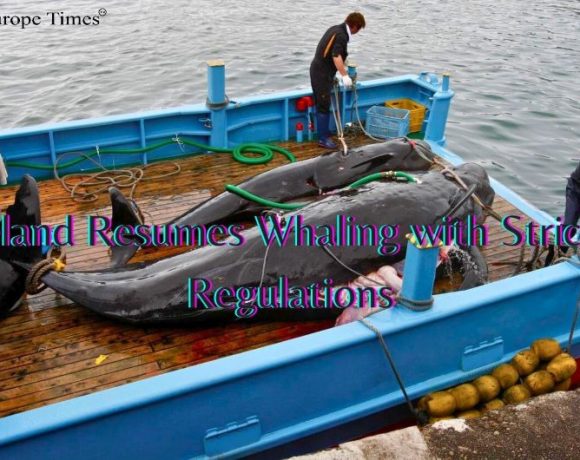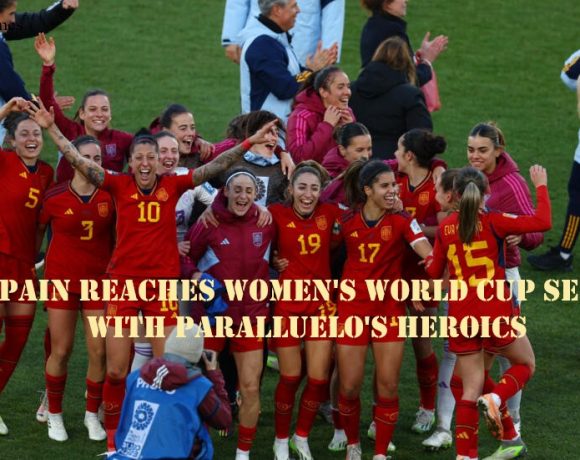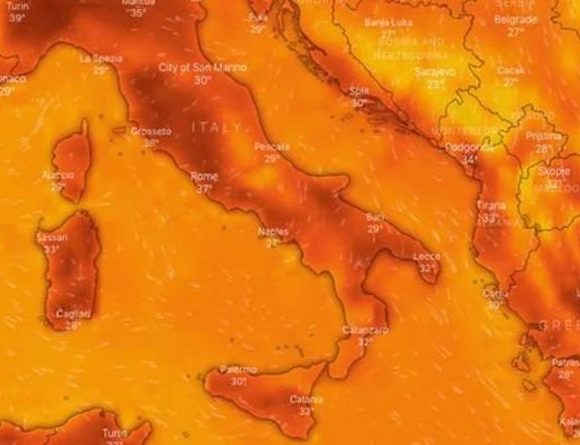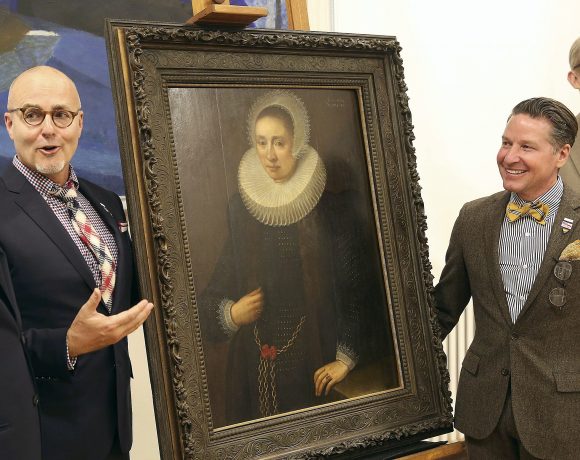
Leaked Russian military documents from 2013-2014, reviewed by The Financial Times, reveal detailed plans targeting 160 civilian and military sites in Japan and South Korea, including nuclear power plants and energy facilities. The files, which reflect Russia’s strategic considerations from 2008 to 2014, highlight concerns about vulnerabilities along its eastern borders amid potential conflicts involving NATO, the U.S., and regional allies. Civilian infrastructure such as bridges, tunnels, and factories was marked to hinder troop movements, alongside military command centres and radar installations.
The documents also describe Russia’s potential use of Kh-101 cruise missiles in strikes against Japan and its air missions to test Japanese and South Korean air defences. In a notable 2014 operation during the annexation of Crimea, Russian bombers flew near South Korea and Japan, provoking multiple non-hostile interceptions by fighter jets. These maneuvers coincided with a joint U.S.-Korea military exercise, underscoring Moscow’s tactical interest in gauging regional air defence capabilities.
The revelations further underline the significance of Asia in President Vladimir Putin’s geopolitical strategy, particularly following the invasion of Ukraine. As Moscow strengthens military and economic ties with China and enlists North Korean troops for the war in Ukraine, the leaked plans expose Russia’s focus on countering U.S. influence and securing its eastern front. However, questions about the reliability of its military systems, highlighted by operational setbacks in Ukraine, cast doubt on the feasibility of these plans.
Pic Courtesy: google/ images are subject to copyright







